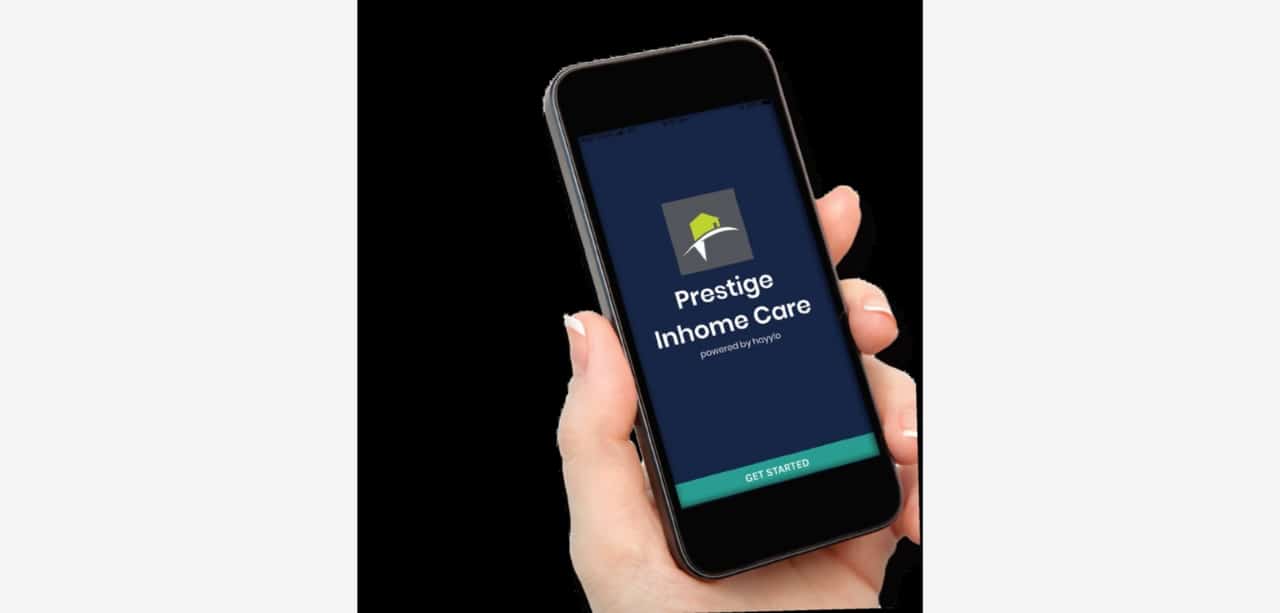New research shows that 64.6% or two thirds of the Australian population now own a smart phone, and 57% consider their smart phone their “go to” device.
Where people would once reserve surfing the net for their desktop computer at home or in the workplace, they are now more likely to be scrolling through their iPhone on the train, posting their latest Facebook status on their windows phone, or sending an email on their tablet.
While there is a widespread assumption that elderly Australians are not what many would call “technologically savy”, and therefore that those requiring Prestige Inhome Care’s services may not own these smart devices themselves, it is often their children who are conducting research into aged care options, and according to these statistics they are more than likely to do be doing so on their smart phone.
With this in mind, Prestige has designed their website to be easy to view and interact with on both desktop computers and mobile devices.
We also understand that due to the nature of our services, Australians with disabilities may also need to access the information on our website. To ensure this is possible for them, we have complied with the “Web Accessibility Initiative (WAI)” throughout our entire website, which not only benefits the disabled, but also older people with changing abilities due to ageing.
Web accessibility encompasses all disabilities that affect access to the Web, including visual, auditory, physical, speech, cognitive, and neurological disabilities. The WAI ensures that those experiencing these disabilities have equal access to website content as those who are not. It does this through the use of things like captions and alternatives for multimedia, text alternatives for non-text content, and ensuring content is easy to see and hear.
Google has recently changed its search preferences to give priority to mobile ready web sites over non mobile ready web sites in effort to encourage businesses to make their websites more accessible for the wider community.
